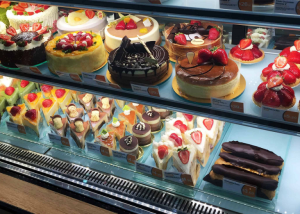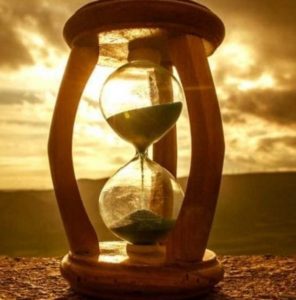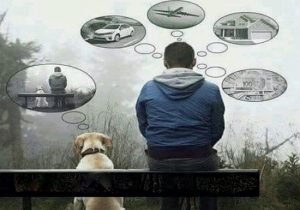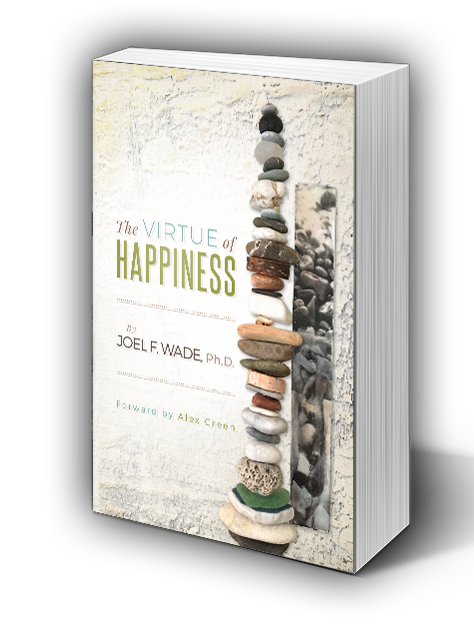Believe it or not, you have a powerful resource inside your head, one that can provide a reservoir of joy, strength and perseverance. Once you recognize it – and practice tapping into it – you can use it not just to boost your day but to improve the quality of your entire life. Best of all, it’s as straightforward as hanging a picture on the wall …
Think about the photographs you have displayed in your home. Are they pictures of the miserable times, the disappointments, the conflicts, the traumas? Did you set things up so you are constantly reminded of the events and people who hurt you most?
Of course not. We’ve all had those times, of course. It’s part of life. But when we put pictures on the wall of our home, we choose pictures of the people we love, the peak moments. We want to be reminded of how adorable our kids were at that age, or the great trip we took that summer, or a favorite quality of someone we love.
We do this because it affects the entire atmosphere of our home. It’s part of what makes our house feel like a home. We may have boxes of pictures stored away that cover a wider range of experience, but what we want to see every day are the images that warm us, comfort us, inspire us.
In a similar way, we have images we reflect on in our mind’s eye; memories of times past, of people and events. We don’t regularly reflect on that many images; probably about as many as the pictures we have hanging on our wall.
And just as the pictures on our wall create a mood in our home, the pictures we reflect on in our minds create an atmosphere within ourselves. What many of us don’t realize is that we have the same ability to choose those internal images as we do to choose the pictures on the wall.


 We have a wonderful deli/bakery nearby that has great, healthy food, and very yummy, not-so-healthy treats – cookies, éclairs, pastries… very tempting stuff. Every once in awhile I’m seduced by these delicacies, and when I am, I almost always notice something afterwards: I don’t feel as good as I did before.
We have a wonderful deli/bakery nearby that has great, healthy food, and very yummy, not-so-healthy treats – cookies, éclairs, pastries… very tempting stuff. Every once in awhile I’m seduced by these delicacies, and when I am, I almost always notice something afterwards: I don’t feel as good as I did before.
 What we want, and what we end up liking when we get it are two different things. They each involve different parts of our brain, and different states of mind.
What we want, and what we end up liking when we get it are two different things. They each involve different parts of our brain, and different states of mind.
Recent Comments